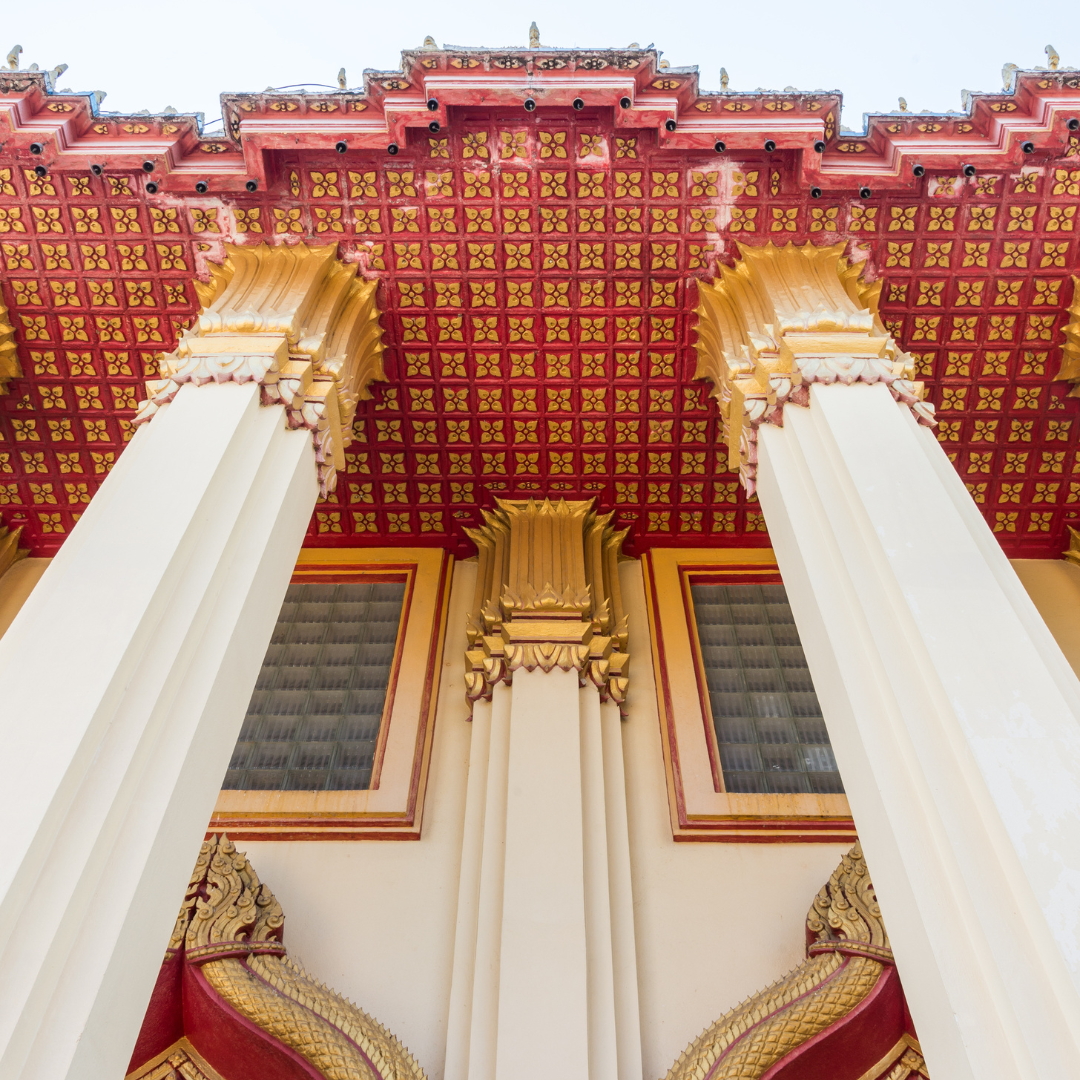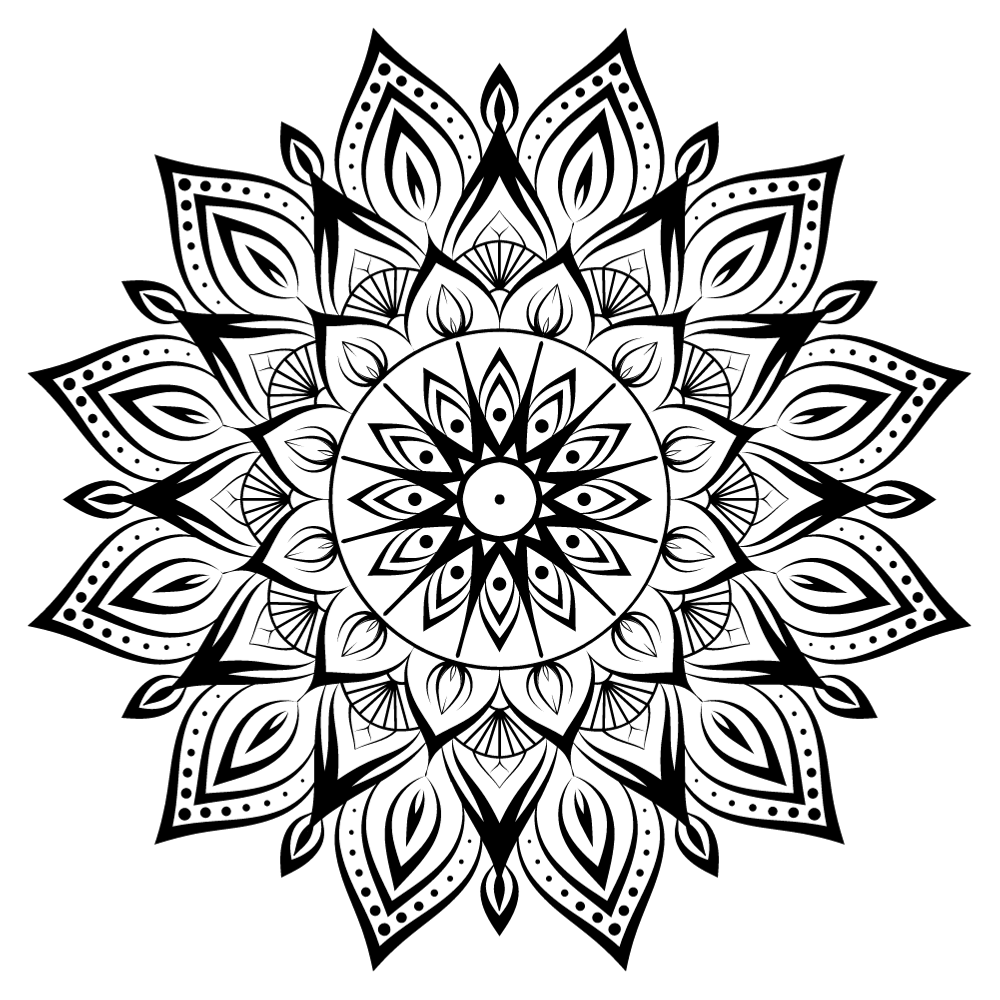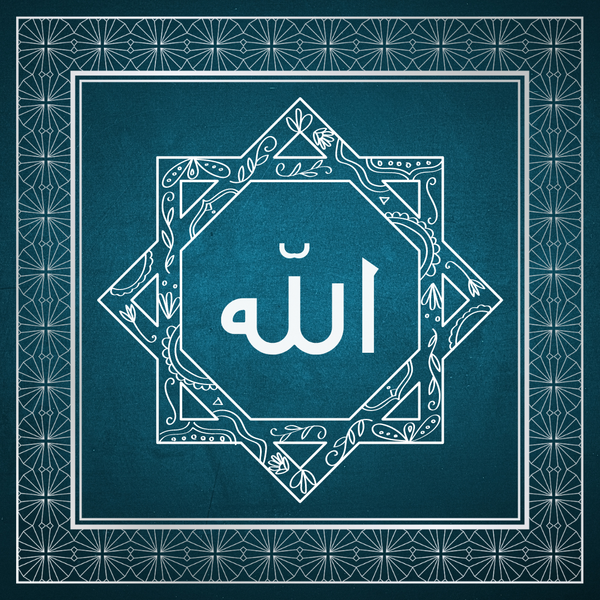What are the "twin 7s" mentioned in the Quran?

Let it be an oath that We have given you the sevens from the twins/duals/binaries/nested double meanings and this great Quran.
Hicr Chapter, 87. Verse
Sacred texts cannot be read like reading other texts. Having claims of universality, that is being beyond time & space, sacred texts should be read by considering symbolic meanings and by thinking deeply on them. The Quran uses many symbolic or allegorical expressions. This is a necessity for a text which claims to be universal because as humanity evolves in space-time, so does its consciousness and understanding.
The symbolism of 7 is worth noting in the Quran and in Islamic mysticism, which should rely on the Quran itself.
Interestingly, the Quran mentions the number 7 as seen above in Hicr Chapter, 87. verse. In Islamic literature, glossators explained this as the Fâtiha Chapter, which is the repeatedly recited chapter in the daily prayers of Muslims. The Quran's first verses did begin with the Alak Chapter; however, the traditional ordering placed Fâtiha Chapter at the beginning. Fâtiha Chapter is known to be an essential pillar of the Quran and it has 7 verses.
So with this understanding, we have the first one of the 7s mentioned. That is we have identified the first pillar. Then what about the second pillar? Why does the Quran mention twin or double 7s? If Fâtiha Chapter is one of the pillars with 7 verses, then where is the second pillar with 7 verses?
If we look at the Quran carefully, we will see that there are only two chapters with 7 verses!
1. Fâtiha
2. Mâûn
Fâtiha and Mâûn, these two chapters of the Quran are the only chapters with 7 verses. They are known to be the two pillars of the Quran! So interesting, isn't it?
But... Why do we know the Fâtiha Chapter very well; while, we don't know the Mâûn Chapter as much?
Here, unfortunately, we must remember the Umayyad and other succeeding sultanates, which tried to conceal some of Quran's messages in favor of their benefits. Unfortunately, the message of Mâûn Chapter is so critical for the freedom and wellbeing of the people in the whole world that any sultanate system would be extremely disturbed by its critical and crucial message.
That's exactly what happened and with various evil tricks, the representatives of the sultanate concealed the message of the Mâûn Chapter while promoting the Fâtiha Chapter excessively.
The two pillars are known to coordinate human life in two axes:
1. The vertical relationship axis: Fâtiha Chapter
Human life is considered to have the vertical relationship with the Creator. This represents the inner world of conscious beings, the vertical axis.
2. The horizontal relationship axis: Mâûn Chapter
Human life is considered to have the horizontal relationship with the society, with other fellow humans. This represents the outer world of conscious beings, the horizontal axis.
So, we can conclude that the Fâtiha Chapter organizes or administers the vertical axis relationship: human beings with the Creator. Indeed, Fâtiha Chapter is like a pledge that the conscious beings are making with regard to their Creator. Statements in Fâtiha Chapter are promises we are making such that we will only work for the one God and we will only seek help from one God. Fâtiha Chapter is addressing the inner aspect of human life.
Mâûn Chapter, on the other hand, is addressing the social order and harmony by commanding the protection and fair distribution of public resources and services. Mâûn Chapter clearly reveals such a crucially important social message by condemning and declaring those who betray the public by stealing from public assets, public resources, public rights that it makes it impossible to defend such criminals. Mâûn Chapter simply, clearly and powerfully gives its message in its brief 7 verses, within a brief three line paragraph.
For God's Messenger Hz. Muhammed, his first follower friends and the Quran public assets, public resources and public rights are of utmost importance. The violation of public rights in the slightest amount was not tolerated. Whomever, even the first Muslims who fought next to God's Messenger himself and who were martyred, stole a single piece of cloth from public goods, were condemned and God's Messenger and his followers did not even attend their funeral prayers when they passed away. The Prophet did not even attend their funerals. This means God's Messenger and his followers did not even consider those who betrayed public rights as Muslims. Mâûn Chapter simply and clearly states that such condemned people are considered to be the deniers of religion altogether. According to the Quran, violation of public rights is such a great crime (Turkish: Gulûl) that the Quran condemns such in the harshest way. We must also note that the Quran very rarely uses such a harsh condemnation expression. Actually Mâûn Chapter uses the harshest expression of condemnation.
The expression of Mâûn means public aid or public services. The deniers of religion are stated to prevent this aid to reach where they belong to. The Maûn Chapter condemns not only those who violate or steal public rights but also those who prevent, in any way, public resources to be received by the public. For example, we must note that bureaucrats who know public right violations but still keep silent implicitly approving them are also condemned by the Quran's Mâûn Chapter.
The expression of prayer in Mâûn Chapter is given by the word "salat" and it expresses Muslims' prayer performed 5 times a day. This is one of the most important worship ritual of Muslims; however, the message of Mâûn Chapter is not limited to only this kind of show off prayer. Any rituals or worships which are not genuine but for benefits and show off are condemned! The purpose of prayer or any kind of worship should be to purify one's self. Seeking economic, political or other benefits, harming others, turn the prayer, ritual or worship into a reason of the harshest condemnation by God...
This message of the Quran is a revolutionary attitude towards worship in the history of religions. Mâûn Chapter warns humanity about those who claim to be religious and pray to show off and conceal their theft and crimes. Religious clergy, politicians, bureaucrats, whomever violates public rights, are condemned in the harshest way and declared as the deniers of religion altogether no matter how pious they seem to be or no matter how much they show off with their religious behavior.
We must also note again that the word used to express woe or condemnation in the 4. verse of Mâûn Chapter is the worst kind of condemnation used in the Quran language.
Quran states "those hypocrites who pray" in 3. verse of the Mâûn Chapter. The hypocrite prototype person is very well defined in the Quran in various verses. They are like the rats who enter and exit their rat nests only based on benefits... (Arabic / Turkish: Münafıkûn, Fasıkûn, Mürai / Riyakar)
The power sultanates, imperialists, unfortunately, conceal and undermine the message of Mâûn Chapter of the Quran, in favor of their violations of public rights. Look around the world today, you can see such violations in almost every state, every geography. Billionaires made by tax exemptions, by exploitation of public rights are to name a few kinds...
Generally, those who violate public rights undertake a strategy to to put forward the "vertical axis relationship" excessively but to conceal the "horizontal axis relationship" so that the public is forced to keep silent while being exploited.
The horizontal axis message of the Mâûn Chapter also reminds us about the orphans, the poor and introduces us the condemned prototype clearly. The condemned prototype repulses the orphan and does not encourage feeding of the poor... You can easily recognize such around the world.
As we have seen above, these imperialist, oppressive, despotic exploiters are harshly condemned by the Quran. They are shown to be the deniers of religion.
In order to have an harmonious society and an harmonious world, both 7s, both pillars, messages of both the Fâtiha Chapter and the Mâûn Chapter must be put into affect.
Now... Let us see Quran's greatness, the double 7s... The 7 verses of Fâtiha and Mâûn Chapters with their simple and powerful 7 verses each... Let's recall that these are the only chapters with 7 verses in the Quran. What a great symbolism and message from the freeing Quran!
Fâtiha Chapter
1. In the name of Allah, the Most Compassionate, Most Merciful.
2. All praise is for Allah, Lord of all worlds,
3. the Most Compassionate, Most Merciful,
4. Master of the day of judgment.
5. You alone we worship and You alone we ask help from.
6. Guide us to the Righteous Path,
7. the Path of those You have blessed, not those who receive wrath, or those who are astray.
Mâûn Chapter
1. Have you seen the one who denies the religion?
2. That is the one who repulses the orphan,
3. and does not encourage feeding of the poor.
4. So woe / condemnation to those hypocrites who pray
5. yet are unmindful of their prayers;
6. those who only show off,
7. and refuse to allow for the public right / service.





